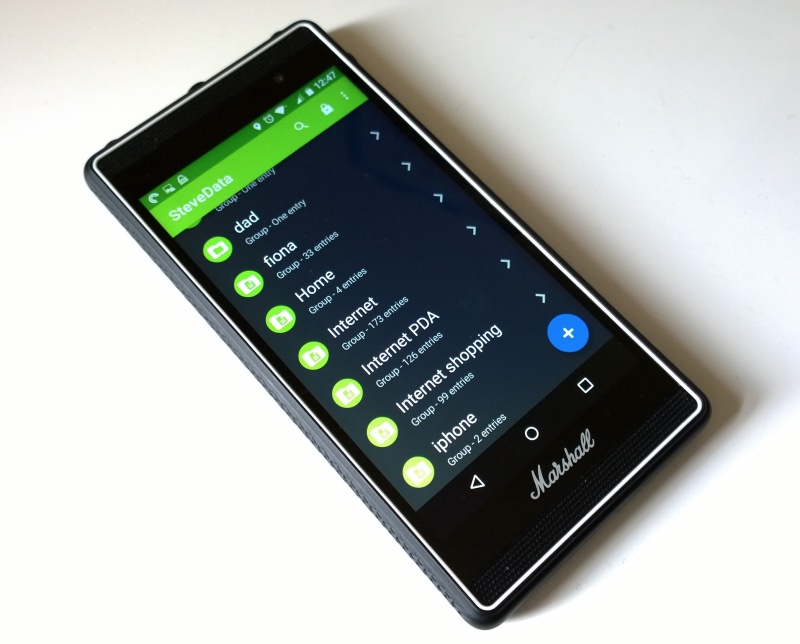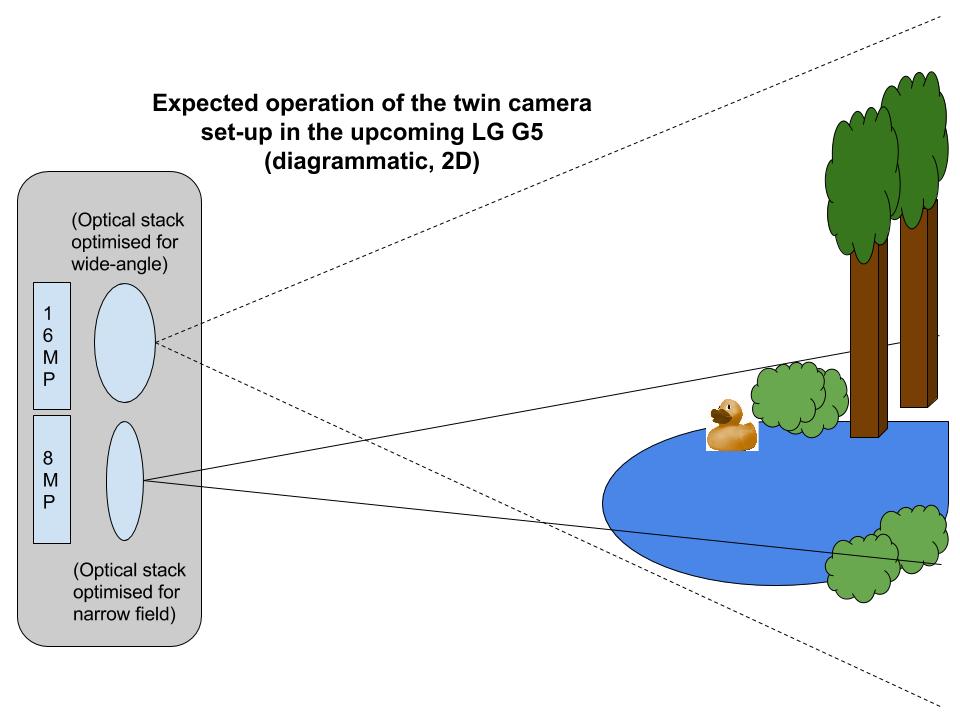
Every year, like clockwork, Samsung and HTC seem to battle it out in March/April for the heart of the world’s smartphone geeks. “The S4 has a bigger screen!” “Yeah but the HTC One has a higher ppi!” Rinse and repeat. I usually watch these heated debates and wonder: is HTC still relevant because of the glory days of yore? Surely, anyone following the mobile industry knows that the company’s sales have been dwindling quickly. That contrasts with Sony and LG who have been able to pick themselves up and are hitting a stride of worldwide growth.
HTC hit its peak in 2011, the glorious year of the Sensation and a large Desire lineup that made it possible to find a smartphone at any price range. With 44.6M smartphones sold, it was moving almost half as many devices as Samsung or Apple, and more than half of Nokia’s. At 9.2% market share, almost 1 out of every 10 smartphones being sold worldwide carried the HTC brand. Its closest competitors were Sony and LG with 40 to 50% less sales respectively.

Smartphone sales and marketshare in 2013, 2012, 2011 – via Tomi Ahonen
Then 2012 came, with the HTC One X and S, the sales steadied and started falling while every other manufacturer was instead growing. HTC lost 30% of its sales but since it couldn’t keep up with the market, its share fell more than 50%. In 2013, the sales were even lower and the market share took a hit, at 2.7%. The company currently ranks 10th in the world — Huawei, Lenovo, ZTE and even Coolpad have been moving more phones into people’s hands. Yet HTC still gets the recognition of the global media, manages to create a hoopla every time it launches a new flagship, while descending further into irrelevance on a worldwide scale.

Another look at worldwide smartphone shipments from 2007 to 2013 – via Horace Dediu
Look no further than our own AndroidBeat page. At the top, under “What’s Hot” we only have the Galaxy S5 and the HTC One (M8). Did we mention the Sony Xperia Z2 or LG G Pro 2? No. We are all guilty of carrying HTC’s torch further than is warranted, and of dismissing other companies that — if you look closer — are being a lot more “Quietly Brilliant” than the Taiwanese manufacturer.
Both Sony and LG have managed to increase their sales from 2011 to 2012 and 2013. Their market share and rank suffered a bit from the global growth and they struggled to keep up, but the trend is pointing upwards nonetheless. And the two companies have finally been receiving some positive press along with good forecasts for the quarters to come.
LG has seen a lot of praise for its LG G2 smartphone — which I am personally carrying and loving — and has been releasing many good mid-range and low-end devices. This drove the company to become the fastest growing smartphone manufacturer in the US, along with predictions of it being the fastest growing OEM worldwide this quarter.
Sony, on the other hand, has also been focusing its efforts on low and mid-range devices. However, its strength lately has been in really committing to Android, by making efforts to update the software of most of its devices, releasing the kernel sources, and even starting the AOSP for Xperia project that helps users find a semi-official way to flash AOSP onto their phones or tablets. Moreover, its Z2 flagship was almost unanimously the most loved new device in Mobile World Congress by the press this year, despite being announced on the same day as the Galaxy S5. And just a few days ago, we heard that the company has toppled Apple as the second largest smartphone brand in India, only trailing Samsung. Its Xperia M Dual and Xperia C phones have hit the sweet spot for Indian buyers and helped Sony get 9.1% of the sales volumes in Q4 2013.

Apple vs Sony in India
Both companies have nothing but positive prospects ahead of them. Part of it may be due to the fact that they have an upper logistics hand, with them manufacturing some of their components, akin to Samsung, and already having worldwide distribution channels thanks to their other electronics businesses. Another part could be due to marketing and larger portfolios that fit more diversified potential buyers.
Going back to HTC, it neither has the logistics nor the distribution, marketing or portfolios of Sony or LG. All it has is a commitment to produce luxurious smartphones for people who appreciate quality materials. But is that enough? Is that “Brilliant” in any way? Or is it just the last hope of a company that doesn’t know how to adapt and scale, that isn’t attuned to its customers demands and that keeps losing its edge and hanging by the threads of all the positive capital it had amassed in years past?

















